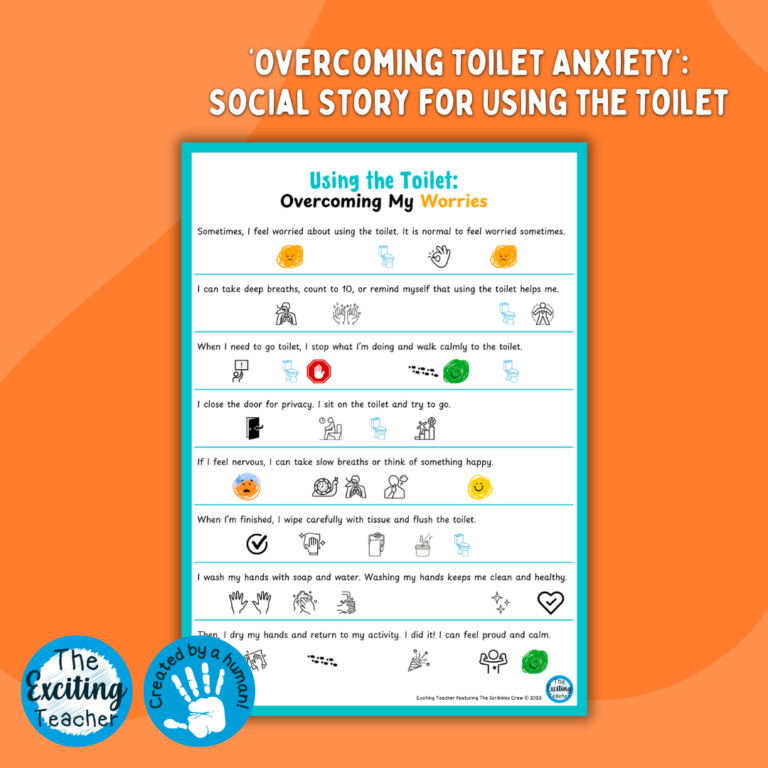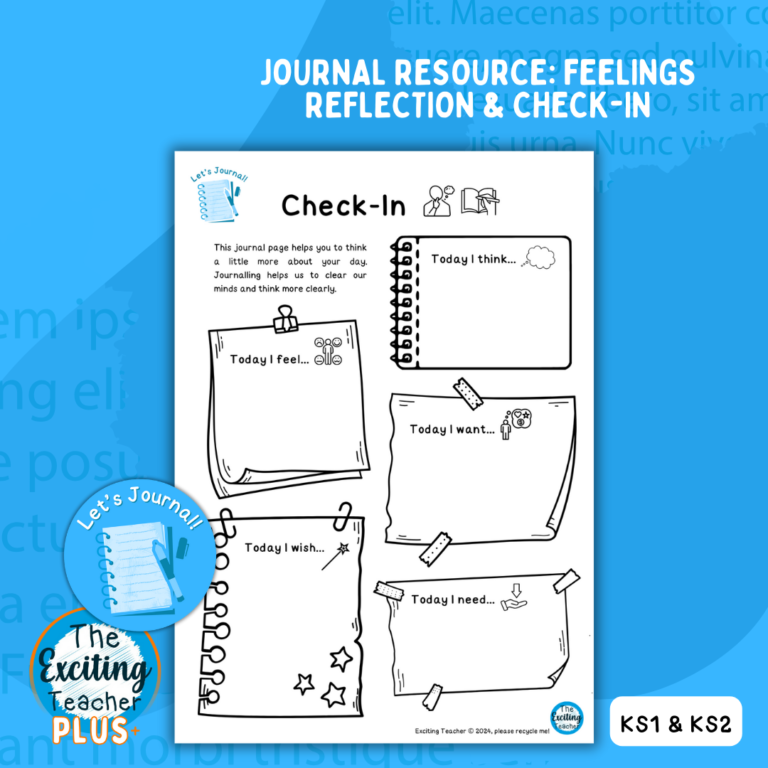World Cup inspired Football Resource: Thinking about Coping Skills

‘Thinking about Coping Skills’ has been designed to support children and young people with exploring positive and negative coping skills.
This activity invites children to explore the different between positive and negative coping skills, for example hurting someone vs. counting to 10 and taking a deep breath.
How could this resource be used?
- To support with developing coping skills.
- To support self-regulation and emotional literacy awareness.
- To support a child 1:1.
Relevant Curriculum Links
England PSHE Statutory Curriculum Strands:
KS1:
- H11. about different feelings that humans can experience.
- H12. how to recognise and name different feelings.
- H15. to recognise that not everyone feels the same at the same time, or feels the same about the same things.
- H16. about ways of sharing feelings; a range of words to describe feelings.
- H19. to recognise when they need help with feelings; that it is important to ask for help with feelings; and how to ask for it.
- H20. about change and loss (including death); to identify feelings associated with this; to recognise what helps people to feel better.
KS2:
- H15. that mental health, just like physical health, is part of daily life; the importance of taking care of mental health.
- H17. to recognise that feelings can change over time and range in intensity.
- H18. about everyday things that affect feelings and the importance of expressing feelings.
- H19. a varied vocabulary to use when talking about feelings; about how to express feelings in different ways.
- H21. to recognise warning signs about mental health and wellbeing and how to seek support for themselves and others.
- H22. to recognise that anyone can experience mental ill health; that most difficulties can be resolved with help and support; and that it is important to discuss feelings with a trusted adult.
Scottish Health and Wellbeing Curriculum Outcome(s):
- I am aware of and able to express my feelings and am developing the ability to talk about them. HWB 0-01a / HWB 1-01a / HWB 2-01a / HWB 3-01a / HWB 4-01a.
- I know that we all experience a variety of thoughts and emotions that affect how we feel and behave and I am learning ways of managing them. HWB 0-02a / HWB 1-02a / HWB 2-02a / HWB 3-02a / HWB 4-02a.
- I understand that there are people I can talk to and that there are a number of ways in which I can gain access to practical and emotional support to help me and others in a range of circumstances. HWB 0-03a / HWB 1-03a / HWB 2-03a / HWB 3-03a / HWB 4-03a.
- I understand that my feelings and reactions can change depending upon what is happening within and around me. This helps me to understand my own behaviour and the way others behave. HWB 0-04a / HWB 1-04a / HWB 2-04a / HWB 3-04a / HWB 4-04a.
- I understand the importance of mental wellbeing and that this can be fostered and strengthened through personal coping skills and positive relationships. I know that it is not always possible to enjoy good mental health and that if this happens there is support available. HWB 0-06a / HWB 1-06a / HWB 2-06a / HWB 3-06a / HWB 4-06a.
Share the Love:
Facebook
Twitter
Pinterest
WhatsApp
Email
Print
Threads
Request a Resource:
Have you seen these resources?
Tagged Coping Strategies, Emotional Literacy, Emotional Regulation, Essential, HWB 0-01a / HWB 1-01a / HWB 2-01a / HWB 3-01a / HWB 4-01a, HWB 0-02a / HWB 1-02a / HWB 2-02a / HWB 3-02a / HWB 4-02a, HWB 0-03a / HWB 1-03a / HWB 2-03a / HWB 3-03a / HWB 4-03a, HWB 0-04a / HWB 1-04a / HWB 2-04a / HWB 3-04a / HWB 4-04a, HWB 0-06a / HWB 1-06a / HWB 2-06a / HWB 3-06a / HWB 4-06a, KS1, KS1H11, KS1H12, KS1H15, KS1H16, KS1H19, KS1H20, KS2, KS2H15, KS2H17, KS2H18, KS2H19, KS2H21, KS2H22, Plus, SEND, Therapy Resources



